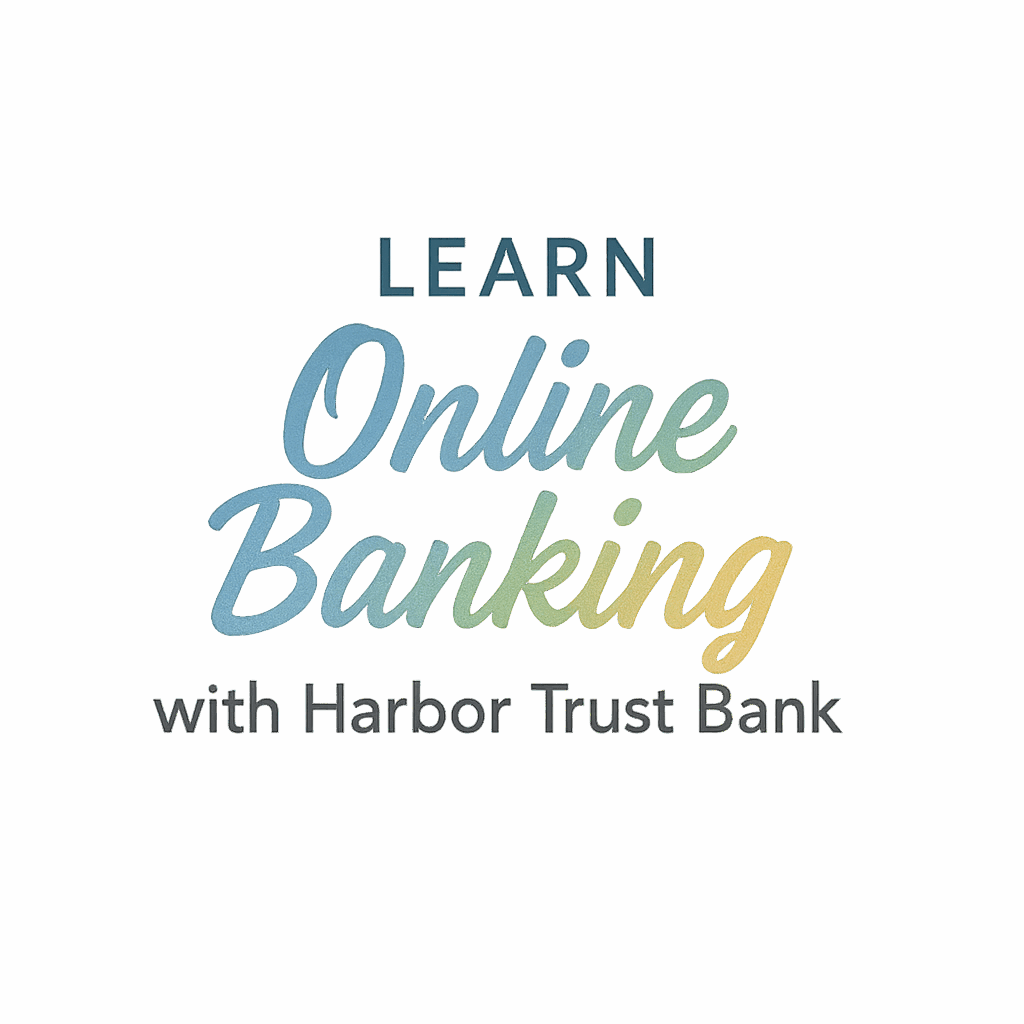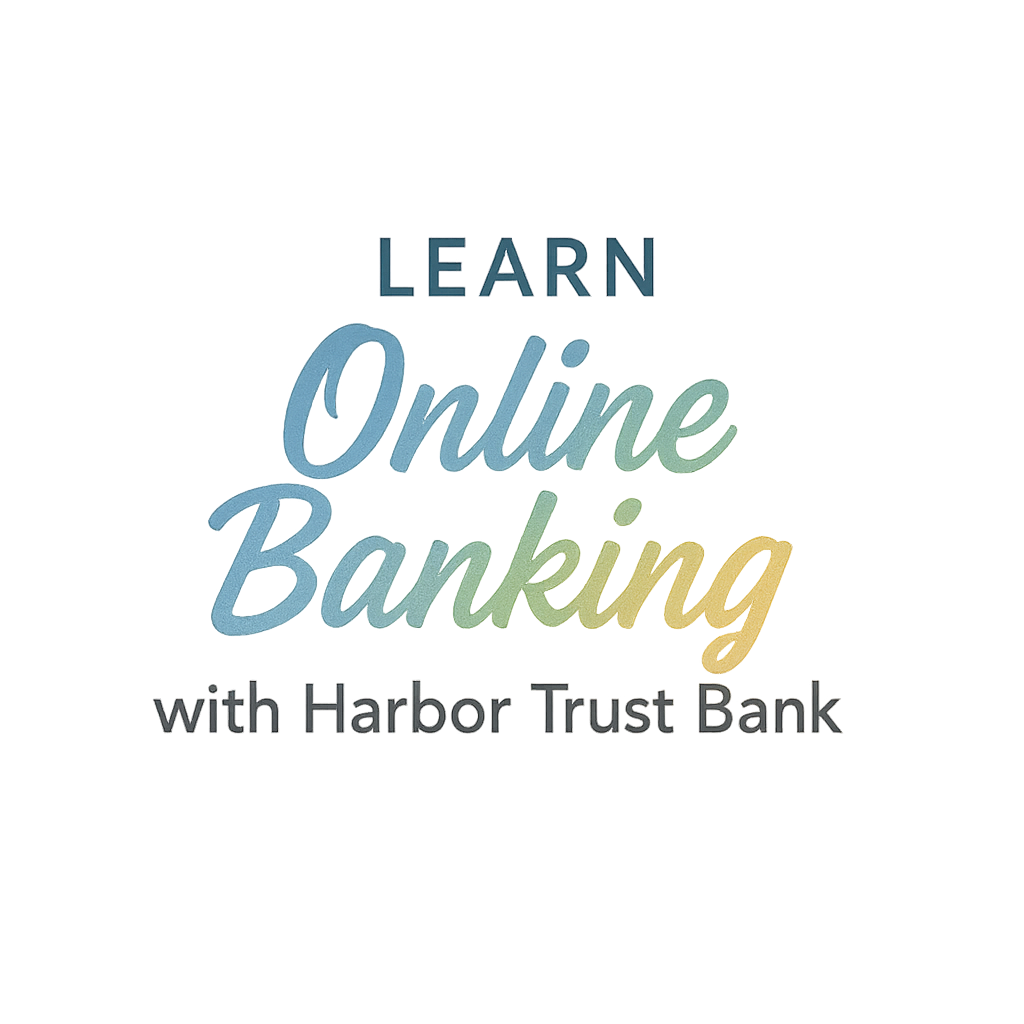In this digital age, online banking is convenient—but it’s also a potential goldmine for cybercriminals. If you’re not actively protecting your privacy, you’re leaving your financial life wide open. That’s why we’ve put together this comprehensive guide on 10 online banking privacy tools you can use today.
Whether you’re a tech novice or a cybersecurity enthusiast, these tools will help you create layers of protection around your most sensitive information. Let’s dive in.
Why Online Banking Privacy Matters
Imagine leaving your wallet on a park bench, walking away, and hoping no one takes it. That’s essentially what you do when you bank online without privacy tools. From identity theft to account hacks, the risks are real—and growing.
Your bank might offer some protection, but ultimately, it’s up to you to shield your digital footprint. With the right tools, you can stay one step ahead of cybercriminals.
Understanding Digital Threats in Online Banking
Before you can defend yourself, it helps to know what you’re up against.
Phishing Attacks
These are fake emails or messages pretending to be your bank. They trick you into handing over your login details or installing malware. It’s like a wolf in sheep’s clothing—but digital.
Malware and Keyloggers
These malicious programs sneak into your device and record everything you type—including bank passwords. Scary, right?
Public Wi-Fi Snooping
Logging into your bank while sipping coffee at your local café? That’s an open invitation for hackers if you’re not protected.
What Makes a Good Privacy Tool for Online Banking?
A solid privacy tool should:
- Encrypt your data
- Hide your IP address
- Prevent unauthorized access
- Offer alerts for suspicious activity
Now that we know what to look for, let’s check out the tools you can use right now.
1. VPNs (Virtual Private Networks)
A VPN is like a private tunnel through the chaos of the internet. It hides your IP, encrypts your data, and protects your activity from spies and hackers.
Best VPNs for Online Banking
- NordVPN – Highly encrypted, fast, and user-friendly.
- ExpressVPN – Known for strong security and global servers.
- Surfshark – Affordable without compromising on privacy.
Use a VPN anytime you bank from public Wi-Fi or even at home. It’s a foundational layer of privacy.
2. Two-Factor Authentication (2FA) Apps
Even if someone steals your password, 2FA apps make it nearly impossible for them to log in without a second code.
How 2FA Boosts Your Privacy
These apps generate a unique code every few seconds, meaning hackers can’t just guess or steal their way in.
Top 2FA Apps:
- Google Authenticator
- Authy
- Microsoft Authenticator
Turn on 2FA for your bank and any other financial tools you use.
3. Secure Password Managers
If you’re still using “Password123” or the same password for every site—stop. A password manager helps you create and store strong, unique passwords without having to remember them all.
Why Random Passwords Are Safer
Random strings like G$9kL!38x are nearly impossible to crack. Password managers like Bitwarden, 1Password, and LastPass handle them for you securely.

4. Encrypted Browsers
Your browser is your window to online banking. So why use one that lets everyone peek through?
Top Privacy-Focused Browsers
- Brave – Blocks trackers and ads by default.
- Tor Browser – Routes your traffic through multiple encrypted layers.
- Firefox with Privacy Extensions – A balance of usability and protection.
These browsers give you extra armor during sensitive financial sessions.
5. Antivirus & Anti-Malware Software
No matter how careful you are, malware can sneak in. A solid antivirus scans, blocks, and removes threats in real-time.
Features That Matter for Online Banking
- Real-time protection
- Web shield
- Ransomware defense
Check out tools like Malwarebytes, Bitdefender, and Norton 360.
6. Private Email Services
If hackers gain access to your email, they can reset your bank passwords in seconds. That’s why a secure, encrypted email service matters.
Avoiding Identity Theft Through Email
Switch to services like ProtonMail or Tutanota. They offer end-to-end encryption and no tracking.
7. Ad and Tracker Blockers
Believe it or not, ads can collect a scary amount of personal data. Some are even laced with malware.
Stopping Data Harvesting
Use tools like:
- uBlock Origin
- Privacy Badger
- Ghostery
These keep your online footprint clean while banking or browsing.
8. Bank-Provided Security Tools
Don’t ignore the tools your bank already provides. Many offer:
- Transaction alerts
- Login notifications
- Biometric logins (Face ID/Fingerprint)
Turn on every security setting available in your banking app. It’s free protection you shouldn’t skip.
9. Digital Identity Protection Services
Some tools go even further by monitoring the dark web, alerting you if your data is leaked, and helping you recover if identity theft happens.
Monitoring the Dark Web and More
Try services like:
- LifeLock
- IdentityForce
- Aura
They work quietly in the background to guard your identity like a digital bodyguard.
10. Privacy-Focused Mobile Banking Apps
The app you use matters just as much as the tools you pair it with.
The Future of Private Mobile Transactions
Some fintech banks and neobanks prioritize privacy, offering:
- Biometric locks
- Data-minimization policies
- No third-party data sharing
Apps like Chime, Revolut, and Monzo are good starts, but always check privacy settings before using.
Bonus Tips for Maximizing Your Online Banking Privacy
Want to go even further? Here’s what you can do:
- Avoid banking on public Wi-Fi unless you’re using a VPN.
- Turn off Bluetooth and location while banking.
- Update your software regularly.
- Set up account activity notifications.
- Use a dedicated device for banking, if possible.
Final Thoughts: Layering Your Online Banking Defenses
Online banking doesn’t have to be risky—as long as you stack your privacy tools like armor. From VPNs to password managers to secure browsers, each tool fills a gap the others miss.
And remember, privacy is a habit. The more consistent you are, the safer your financial life will be.
Stay informed and take control of your digital security—starting today.
Internal Resources to Explore:
- 4amrecordingstudio.com
- Business Planning for Creatives
- Recommended Gear & Tools
- Growth Strategies
- Marketing & Branding
- Setup Basics for Beginners
Don’t forget to check tags like #privacy, #setup, #time, and #email for related tips.
FAQs
1. Is using a VPN safe for online banking?
Yes! A reputable VPN encrypts your data, making it harder for hackers to intercept your banking info.
2. Can a password manager get hacked?
While anything is technically hackable, good password managers use strong encryption, making breaches extremely rare.
3. Is 2FA really necessary if I have a strong password?
Absolutely. 2FA adds a critical second layer of protection—even if someone cracks your password.
4. What’s the safest browser for banking online?
Brave and Firefox (with privacy extensions) are excellent. Tor is ultra-secure but may be slower.
5. Are public Wi-Fi networks safe for online banking?
Not unless you use a VPN. Public Wi-Fi is notoriously unsafe for any sensitive activity.
6. Do banks offer identity protection services?
Some do, but they may be limited. Consider third-party services for more comprehensive protection.
7. How often should I update my privacy tools?
As often as updates are available. Outdated software can become vulnerable quickly.


